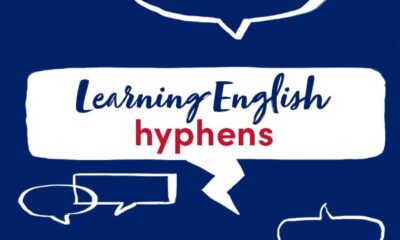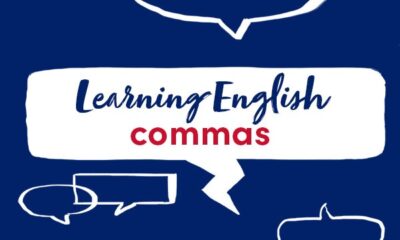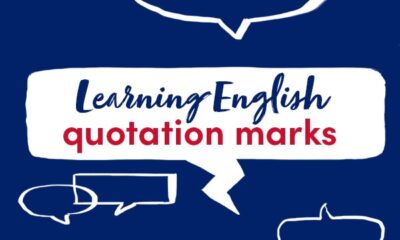To sound natural in English, you need to know both the words and the grammar. However, it can be difficult to put these two things together and be sure that what you are saying sounds like natural English. In this blog series, we’ll give you whole sentences which you can use with confidence in all situations.
When learning to speak English, you will often want to be able to chat with people and get to know them better. The phrases in this first blog will help you greet friends, family, people at work and people that you meet.
Use Hello … as a general greeting. It is polite to say hello to anyone in any situation.
Hello Jorge.
Hello Dr Ahmed.
Use Hi … in informal situations, for example when you are meeting friends.
Hi, how are things with you?
Oh hi Adam, I didn’t know you were coming.
Use Good morning, Good afternoon or Good evening in slightly more formal situations, for instance, if you meet a neighbour, or when you see people at work.
Good morning everyone. Today we are going to be looking at how to form questions.
Good afternoon Mr Kowalski.
In English, there is no greeting starting with ‘Good’ that is for the whole day.
Use Goodbye … when you leave someone.
Goodbye Clara, have a safe journey.
Goodbye … is often shortened to Bye … .
Bye everyone!
Use Goodnight … when you are going to bed, or if someone else is going to bed.
Goodnight everyone – see you in the morning.
See you … is a rather informal way of saying goodbye to someone you know you will see again.
OK, I need to go now. See you!
See you tomorrow!
See you on Monday!
Introducing people
So what do you do if you want to introduce someone to someone else?
You use This is…. If you want to introduce a group of people, use These are….
This is my husband, Richard.
This is Medina, my friend from school.
These are my children, Andrew, Gordon and Emma.
These are my parents.
When you are introduced to someone, you can just say Hello, or in a slightly more formal situation, say Pleased to meet you.
[introduce is a useful word, where you tell people each other’s names so that they can get to know each other.]
Our next blog article will look at how you can talk about yourself.



